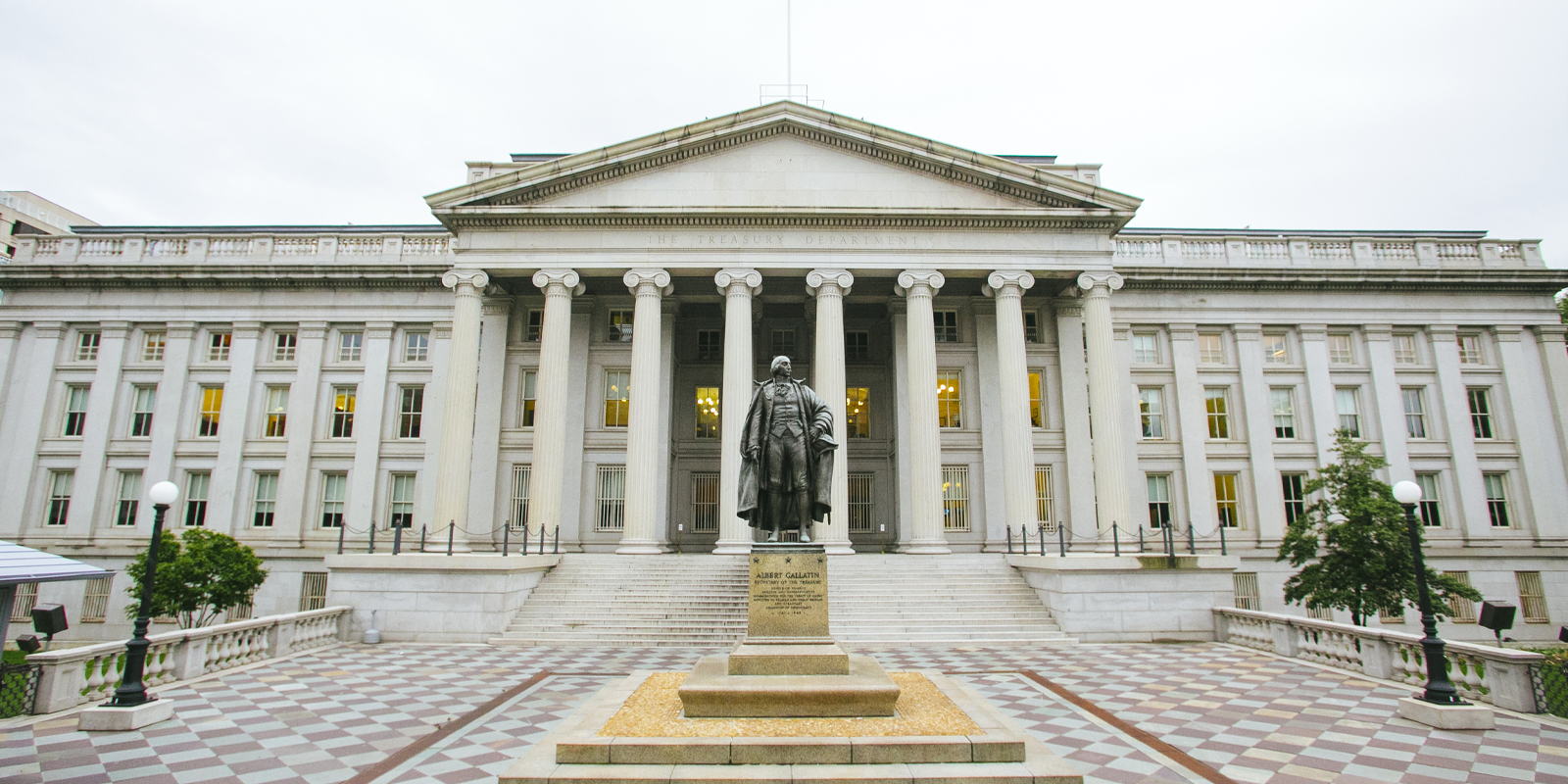The U.S. Department of the Treasury has a much broader role than is often acknowledged in promoting economic growth. That includes improving the lives of workers and lifting up labor unions. Last month, it released a new report titled, “Labor Unions and the Middle Class,” arguing that robust labor unions are good not just for their members but for the economy and for all working people.
Part of the Biden administration’s efforts to expand worker power, the report takes a look at the historical data on unions and their impact on the economy since the 1930s, specifically after passage of the landmark National Labor Relations Act (NLRA), which bolstered the power of workers. It concludes that “a policy of strengthening unions” today could “support broader economic growth.”
AFSCME members know about the union difference: Workers who belong to a union earn more, have better employer-provided benefits including health insurance and retirement security, have more paid time off and a voice on the job to address the workplace issues that matter to them. The Treasury report, too, emphasizes that unions raise the wages of their members by 10% to 15%, and they “improve fringe benefits and workplace procedures such as retirement plans, workplace grievance policies, and predictable scheduling.”
But the report goes beyond the benefits that accrue to union members. As wages, benefits and even working conditions improve for unionized workers, they also improve for nonunionized employees.
“Importantly, the positive effects of unions are not only experienced by workers at unionized establishments,” it reads. “Other workers see increases in wages and improved work practices as their nonunionized workplaces compete with unionized ones for labor.”
Public sector jobs, many of which are unionized, have long provided workers who belong to underrepresented populations a path to the middle class. Because union membership in both the private and public sectors is diverse, stronger unions would benefit workers of all backgrounds.
“By encouraging egalitarian wage practices, unions serve to reduce race and gender wage gaps…,” the report also reads. “The diverse demographics of modern union membership mean that the benefits of any policy that strengthens today’s unions would be felt across the population.”
The report also notes that unions reduce overall inequality, and as such they do more than support the middle class – they “contribute to more robust general economic growth and resilience.”
“Income inequality often feeds back into inequality of opportunity, which impedes growth if disadvantaged people cannot access the resources necessary to acquire job skills or start businesses,” it says. “And unions can spur overall economic productivity by improving working environments and giving experienced workers more of an input into decisions that design better and more cost-effective workplace procedures.”
The report comes at a time of growing worker activism across the country and rising union popularity. It mentions policies that can make unions stronger.
The Biden administration is taking action to increase worker power. For example, it wants to increase funding to the National Labor Relations Board (NLRB), which is tasked with enforcing labor law. It also created the White House Task Force on Worker Organizing and Empowerment, which works with federal agencies to support worker organizing and bargaining.
But more needs to be done. With the support of AFSCME, the Biden administration and pro-worker members of Congress are pushing for passage of the Protecting the Right to Organize (PRO) Act and the Public Service Freedom to Negotiate Act.
The PRO Act would make it easier for workers in the private sector to form strong labor unions by imposing meaningful penalties on big companies for unfair labor practices and preventing employer interference in union elections, among other things. The Public Service Freedom to Negotiate Act would establish a minimum nationwide standard of collective bargaining rights that all states must provide public service workers.
